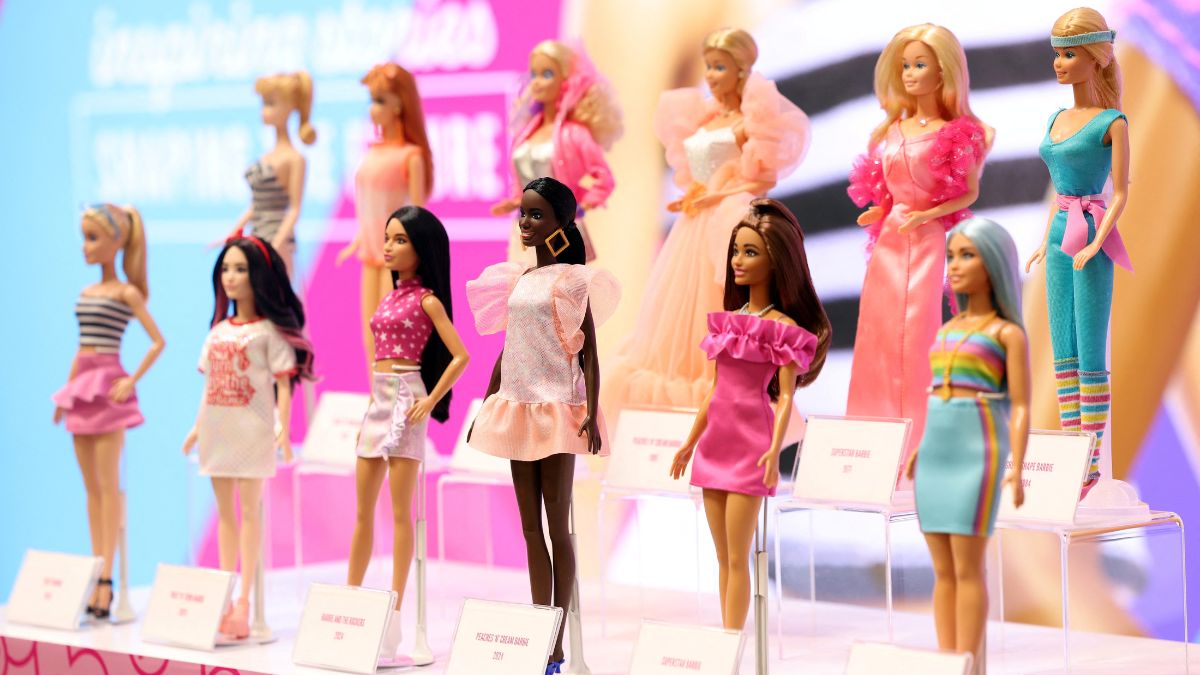Is playtime over? Mattel has announced that it will increase prices on its famed toy products as US President Donald Trump’s tariffs hit the industry. The company has also withdrawn its financial forecast for the year as the president’s tariff measures make it almost impossible to predict consumer spending.
The US represents about half of Mattel’s global toy sales, and the company imports about 20 per cent of its goods sold in the country from China. Mattel said it would reduce imports into the US from China to below 15 per cent by 2026.
“Given the volatile macroeconomic environment and evolving US tariff landscape, it is difficult to predict consumer spending and Mattel’s US sales in the remainder of the year and holiday season,” the toymaker said.
In an effort to offset the effects of Trump’s sweeping tariffs, Mattel, the maker of Barbie dolls and Hot Wheels, has said that it would move some of its manufacturing out of China and “raise prices where necessary” on its US products.
Trump puts spotlight on toymakers
Last week, Trump drew attention to the toy industry, implying that children might not need as many toys. “Maybe the children will have two dolls instead of 30 dolls, you know, and maybe the two dolls will cost a couple of bucks more than they would normally,” the president said.
The US and China have hiked tariffs on each other’s goods to more than 100 per cent since US President Donald Trump took office earlier this year, in a full-on trade war between the world’s two biggest economies that has upended global supply chains.
“There’s no question that tariffs are creating disruption in the industry. Many companies have stopped production and shipping to the US as a result of tariffs from China. We do support the Toy Association’s advocacy for zero tariffs on toys,” Mattel CEO Ynon Kreiz told Reuters.
Impact Shorts
More ShortsWhat has Mattel planned?
The company will also make changes to its supply chain to reduce China-sourced product in the U.S. For instance, it was ramping up production of the UNO card game in India to serve the U.S. market and was increasing flow from China towards international customers, Kreiz said.
Apart from China, Mattel imports products such as Barbie dolls and Hot Wheels toys from Indonesia, Malaysia and Thailand, which were also hit by reciprocal tariffs from the Trump administration in early April before being paused for 90 days.
Mattel expects about $270 million in incremental costs from tariffs this year, beginning in the July quarter, but mitigating actions are expected to fully offset those costs, outgoing finance chief Anthony DiSilvestro said on a post-earnings call.
With inputs from agencies


)

)
)
)
)
)
)
)
)



